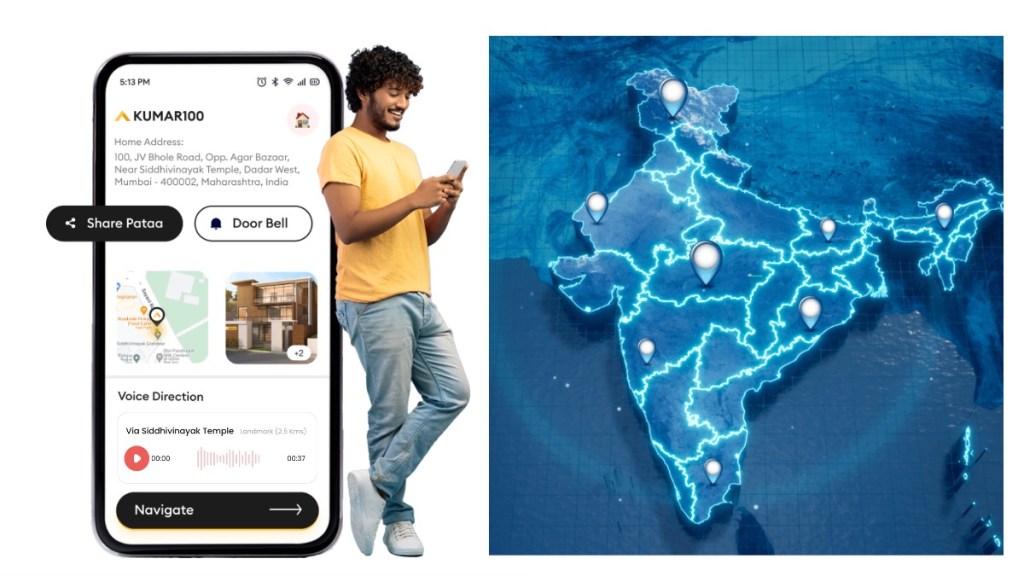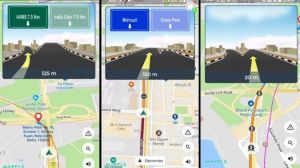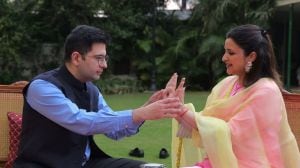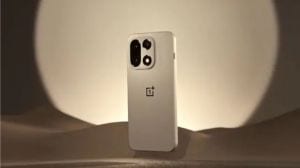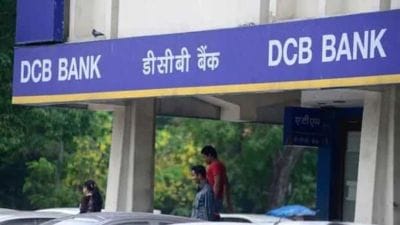How many times have you had a food delivery app, or a courier call you to find out your exact location, despite having fed your address into the system? The issue of geolocation is still quite complex in India, despite advancements in GPS technology and smartphone apps. While it may be better in cities, it gets more confusing in semi-urban and rural areas, where vague landmarks are used. The postal system in India has divided the country into PIN codes, but these cover areas as large as 170 square kilometres in some areas.
However, GPS technology can narrow down an address or location to a 3 square metre plot or to an exact doorstep. Navigation software such as Google Maps and MapmyIndia among others have even marked house numbers in many cities, but still the problem of getting precise directions continues. Some apps like Pataa and What3Words have now tried to narrow this down by giving every location a unique ID – think of it like an email address for every 3×3 grid.
Difference between Pataa and What3Words
While What3Words uses three random words like “editors.foods.tasks” to correspond to an exact grid location like the gate of the Indian Express office in Noida, Pataa app would give the same grid an address like ˆ100Express, that’s something like an email address which when entered in a navigation app will take the user to the exact location. This solves a lot of last-mile delivery issues, where couriers are often searching for an address, looking at street names and house numbers.
Speaking to FinancialExpress.com, Rajat Jain, co-founder and CEO, Pataa says, “You can create your own personalised codes for a location, and this can be used on e-commerce platforms, it can auto-fill the complete address, and reduce the turnout on the e-commerce platforms.” Multiple unique addresses can be created for the same grid square – as the words are not fixed, unlike What3Words.
Also read: Google Maps with offline navigation coming to wearOS smartwatches: Details
Of course, on an individual level the location-share feature through WhatsApp (using Google Maps or Apple Maps) can work on a one-off basis, using the latitude-longitude location (for instance, 28.587401920800787, 77.33195388940136) for precise navigation. Jain says what Pataa is trying to do is to create a universal format for addresses, which would aid in providing precise locations for future navigation facilities like drone deliveries.
“Drones don’t understand street addresses, drones can’t ask for directions – they need a precise square on which to land and drop off packages, that’s where Pataa can help – with a precise location address that’s customised to each individual,” says Jain. The Pataa address can be shared as a QR code for an e-commerce delivery, which has many other use cases.
Easing e-commerce deliveries
Jain points out that with just that code ecommerce companies can do automatic sorting of parcels, optimize routes for delivery and save time by doing precise locations. The app also allows for a virtual doorbell system, where the courier can ring the customer through the phone even before reaching his doorstep.
The company claims to have AR-mapped virtual house numbers as well in a city like Indore, where one can view house addresses through the app, just by pointing the phone camera at the door of the house.
Pataa’s revenue model is through API (application programming interface) calls. Every time an e-commerce company or logistics firm uses the Pataa application to pull up an address it is charged Rs 0.50. This can be further extended to ride-hailing platforms, drone delivery systems and in-car navigation, Jain says. The company is also looking at creating a Pataa solution to fulfill banks’ eKYC (know-your-customer) needs. Jain claims that just by improving the accuracy of addresses, it will result in savings of $10 billion to $14 billion every year in terms of fuel costs, carbon emissions, and manpower costs. He says his aim is to create a virtual address for every Indian, doing away with the need for complex street names, pin codes, and landmarks.
